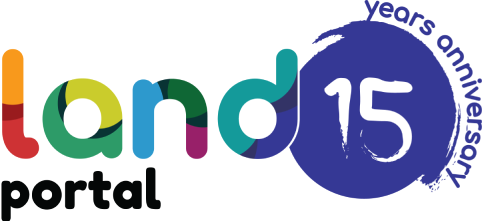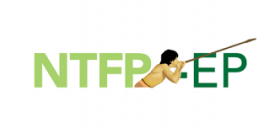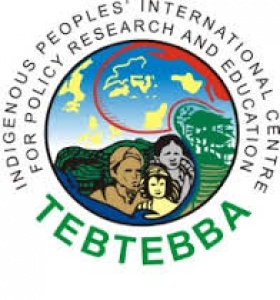Urbanization of the countryside affects rural areas, especially in the immediate surroundings of large cities. Normally, this occurs as an unpromoted process, but in Chile, it is driven by the legal framework. This research focuses on rural residential plots (RRPs) around the capital city, Santiago.












